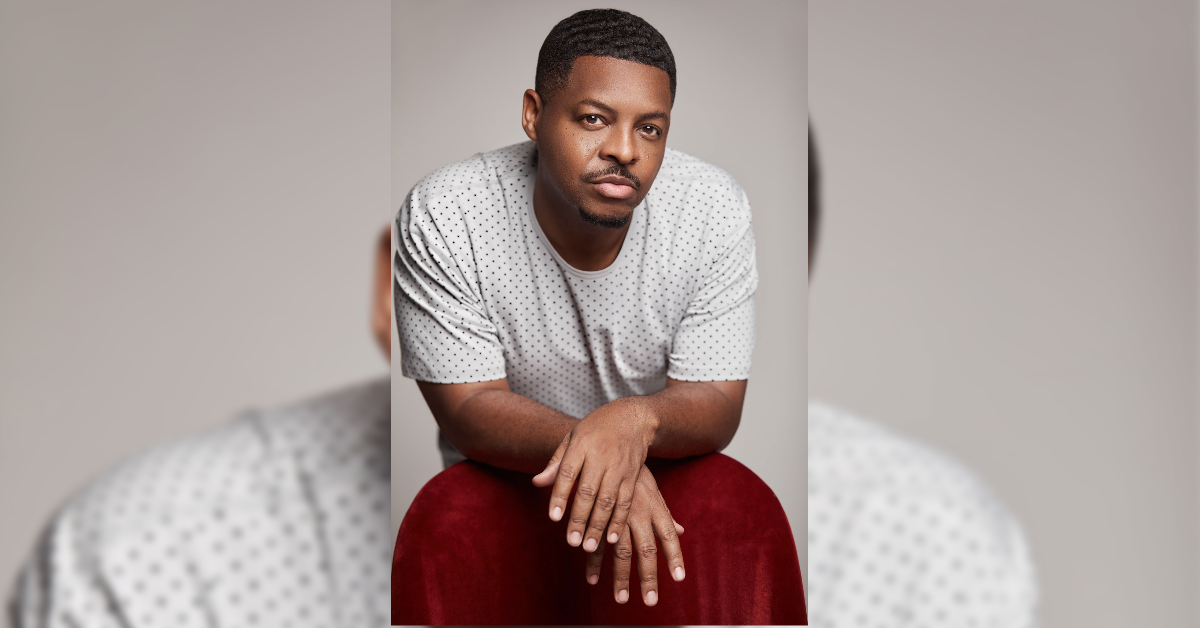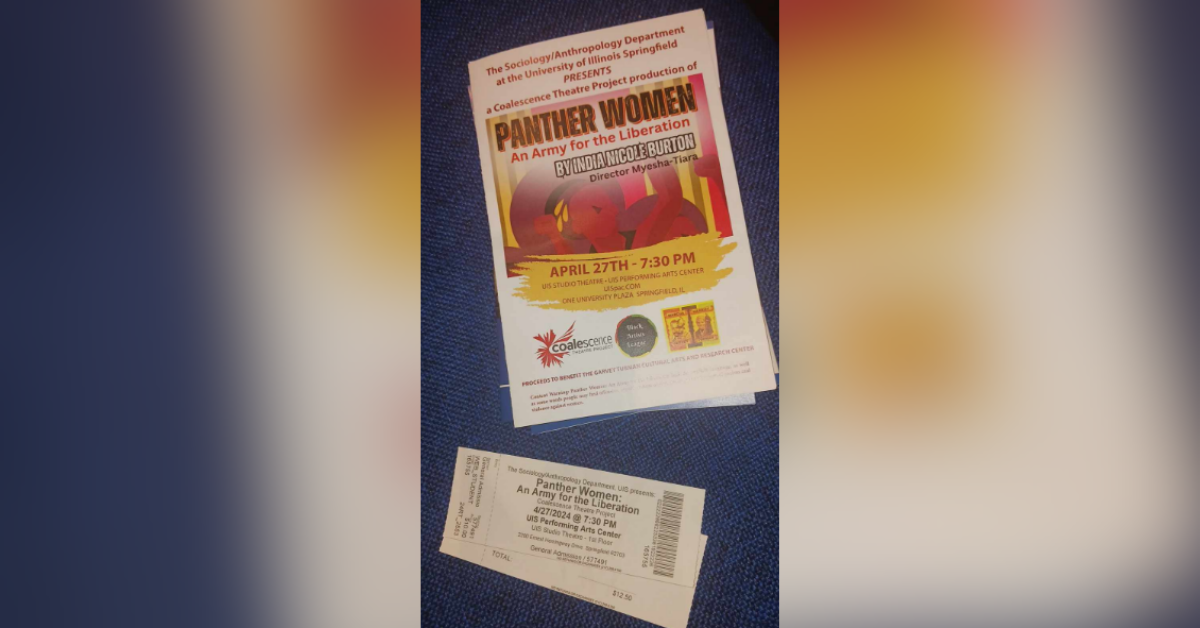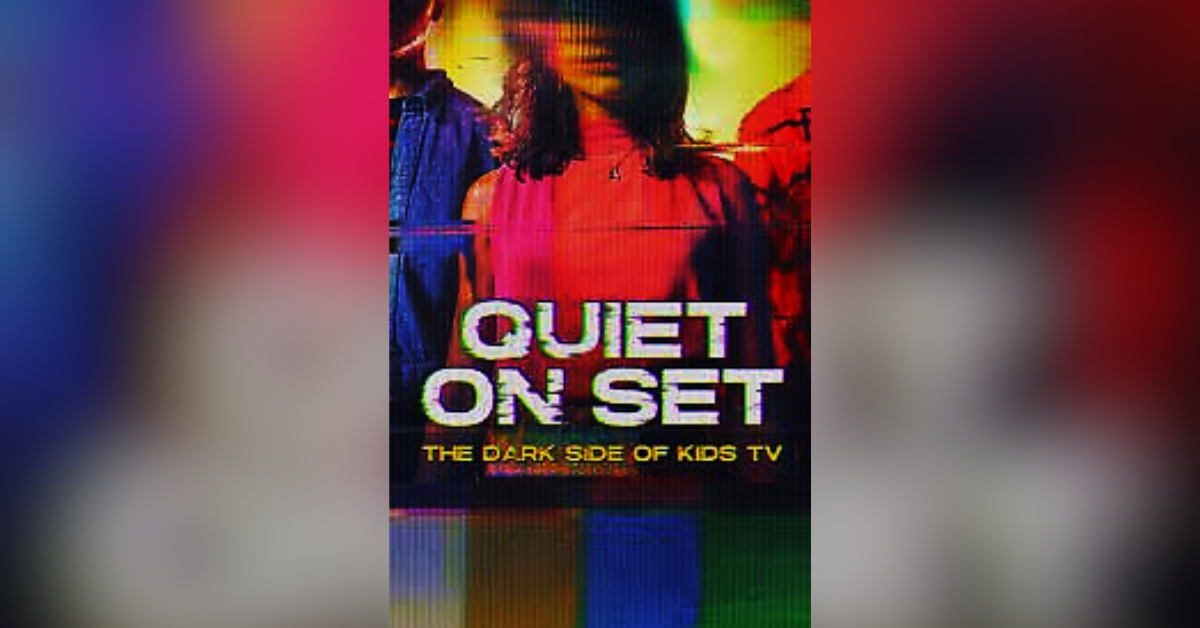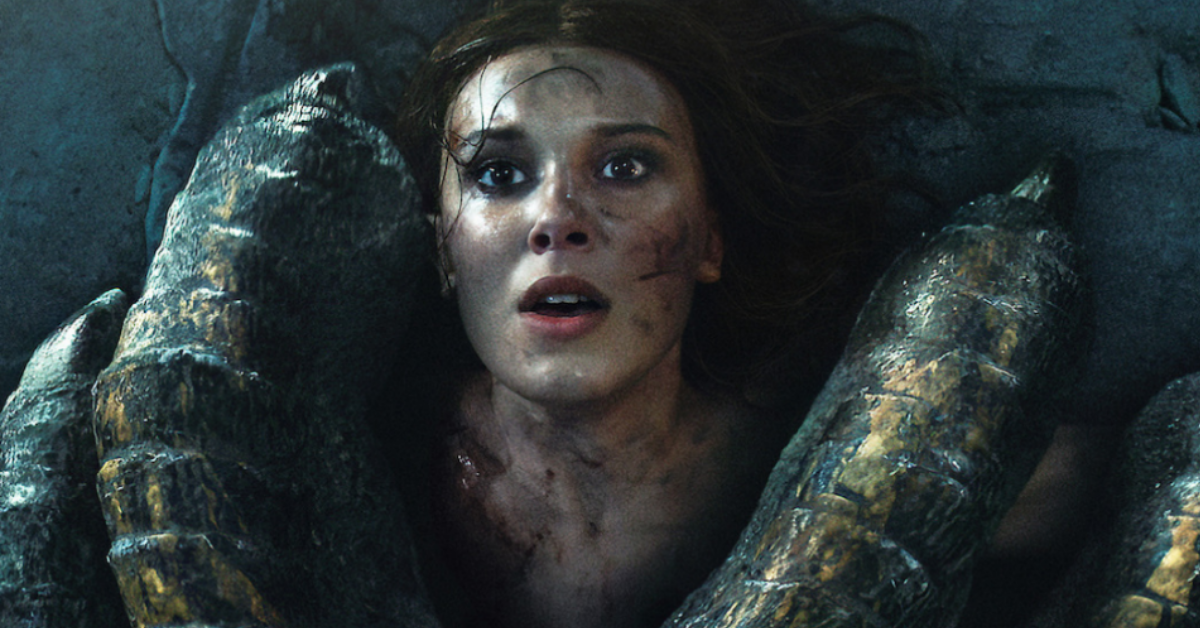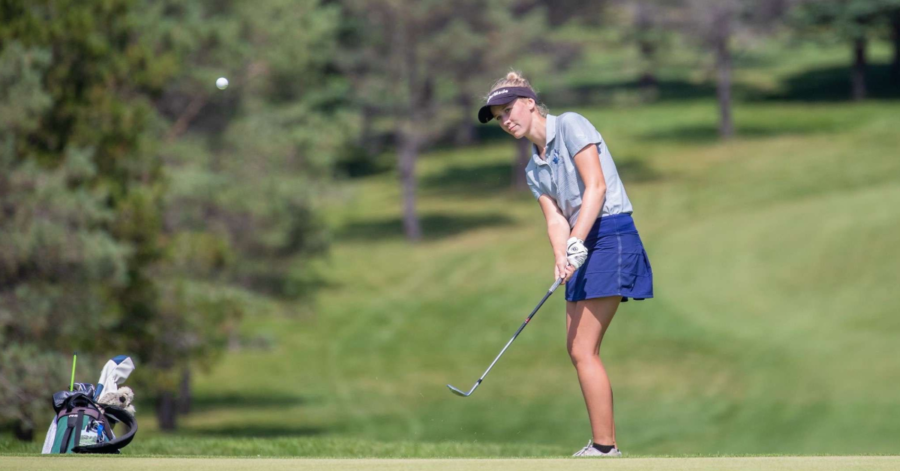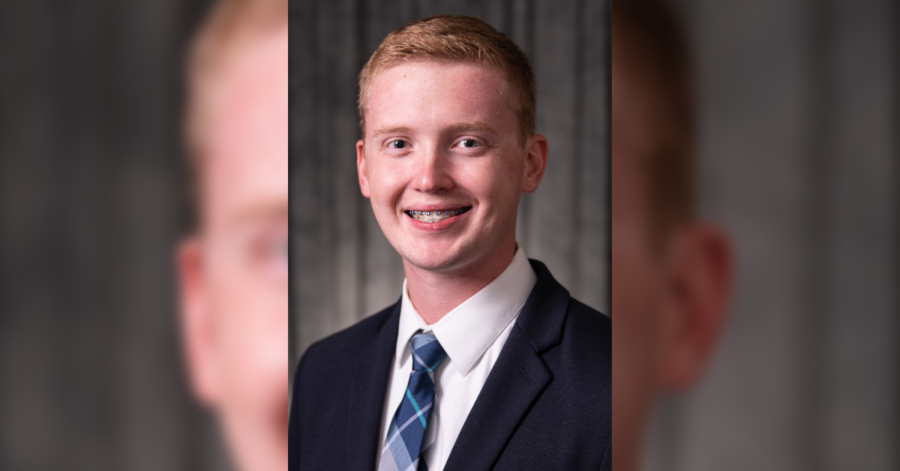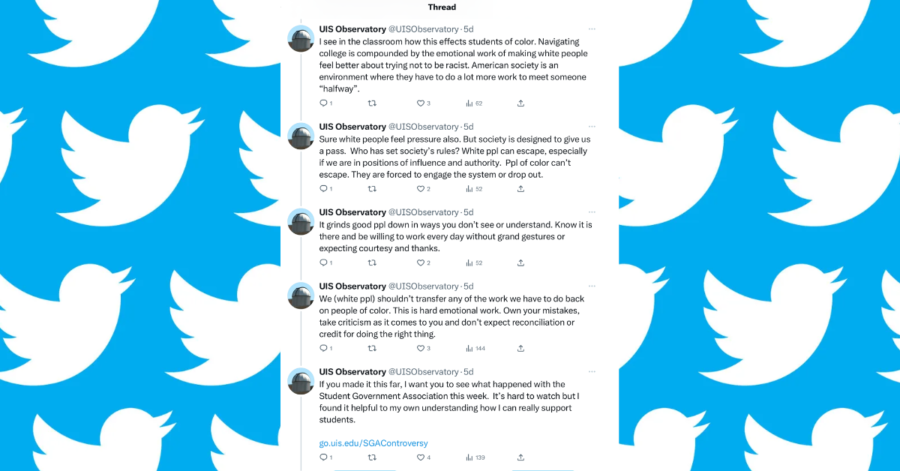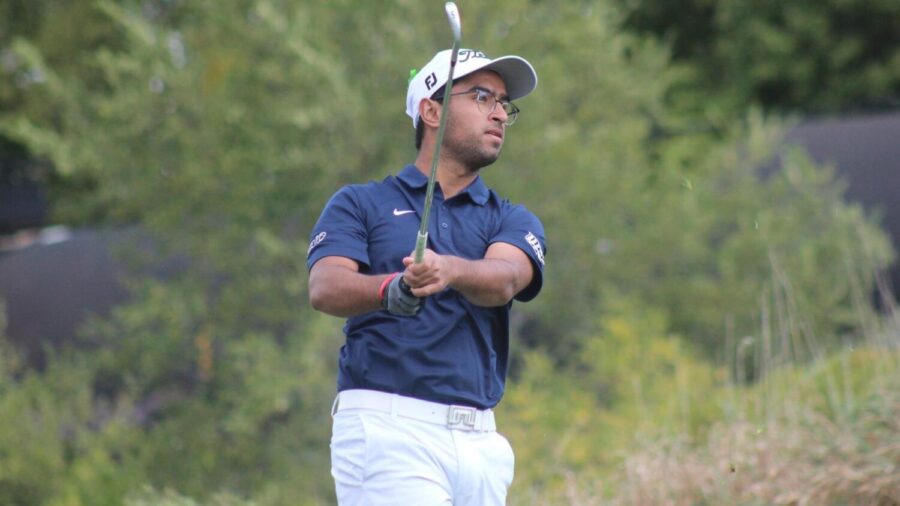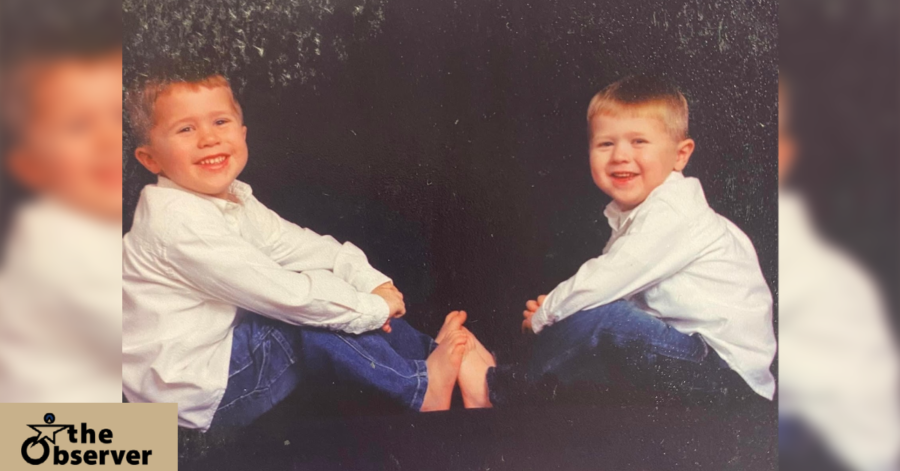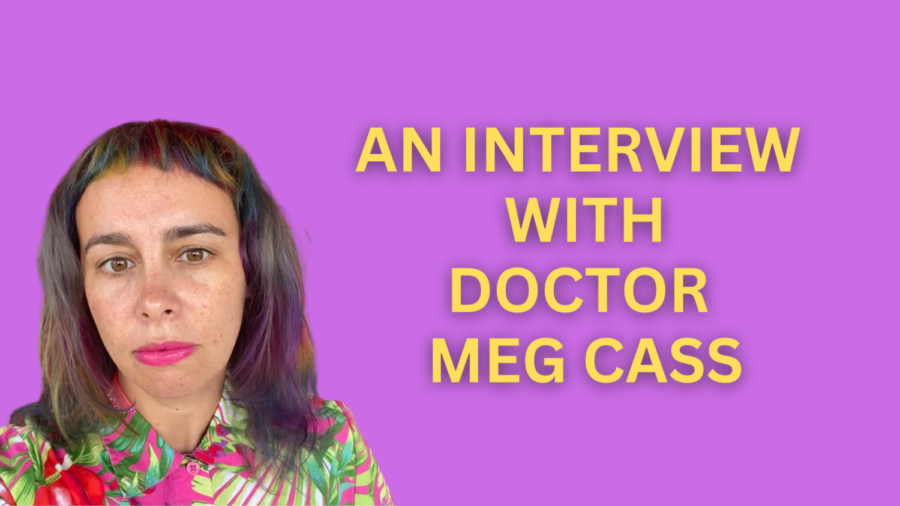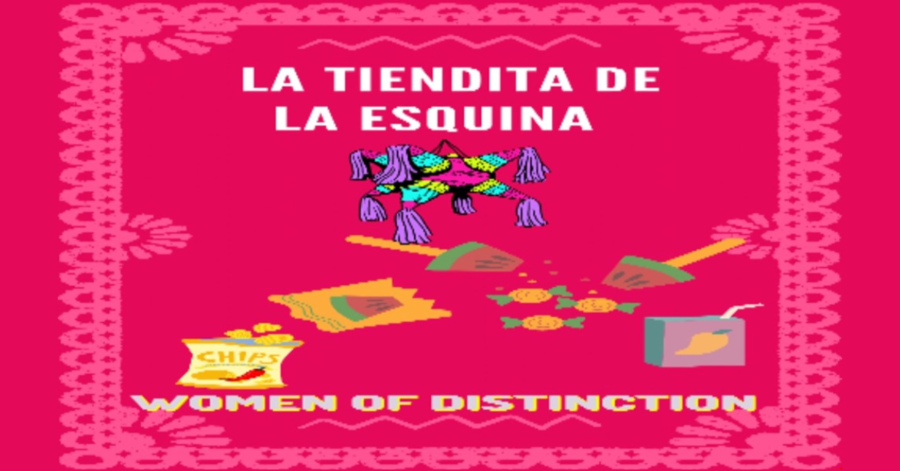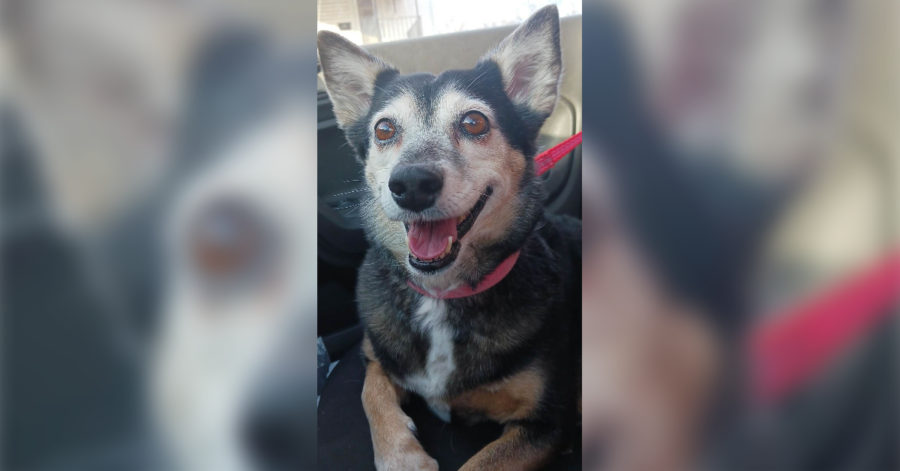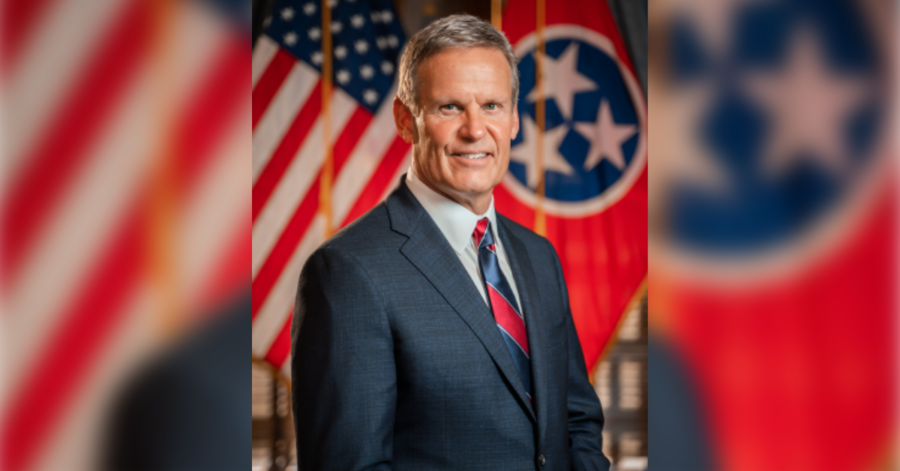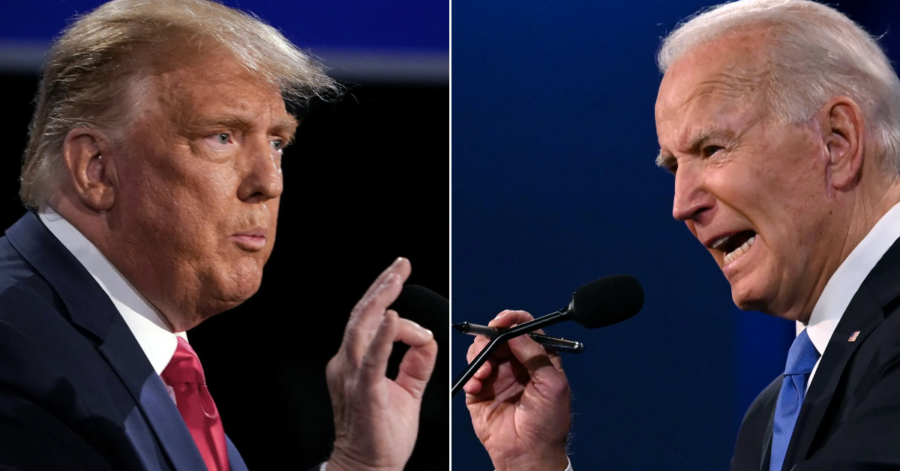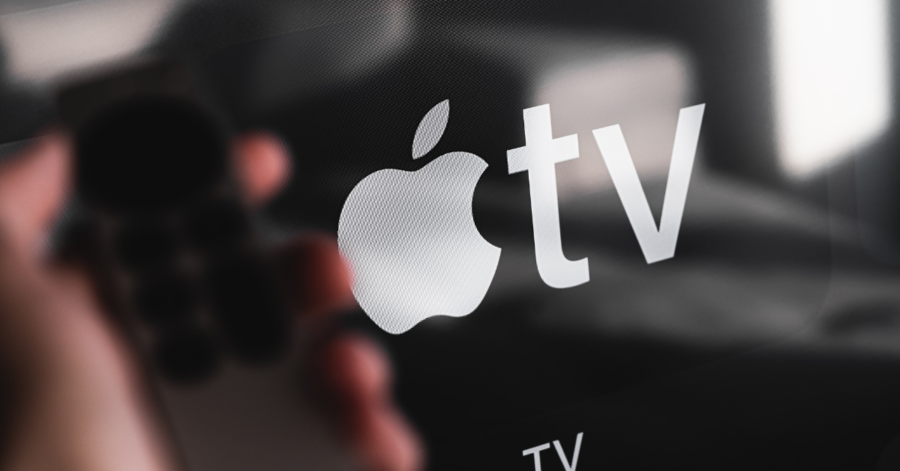Anthony Anderson is someone I consider a longtime friend. He is someone I have grown to respect and find to be an inspiration. His award-winning series, Anacostia, follows the hopes, romances, friendships, and dysfunctions of multiple people in a community in Washington, D.C., which the series is named after. The series is produced by and stars Anderson. I recently got the chance to sit down with this fabulous human and got to learn something about his life, his process, and the series that is so beloved and Emmy-nominated!
CASEY HUTCHISON: What was your ultimate goal from a personal and professional perspective when you created Anacostia?
ANTHONY ANDERSON: Initially, it was from the personal perspective because as much as I love daytime series, there was never enough diversity for me. I will never forget watching The Young and the Restless when Victoria Rowell began her role as Drucilla Barber, and her character was a neck-rolling, sharp-tongued woman who was illiterate. It never sat well with me, so I wanted to create a show where the African American women were smart and savvy business owners, pillars of their community, and most of all, strong and bold yet vulnerable to life experiences, both good and bad.
On the professional side, I wanted to show that I could write continuing storylines that were intricate and compelling. Stories that were rooted in real-life situations that would
cause viewers to talk back to the characters they were watching. When I began to see the reactions to the show and the storylines, I knew we were on to something special. Women were so angry with the Michael Stephenson character and how he treated his wife Mia that the actor portraying him had unpleasant interactions with women outside of the show. That’s the sign of a great show, when people become so invested in the story that they internalize what they see so much that it makes them feel something.
CASEY: Legendary actress Elizabeth Hubbard passed away on April 8, 2023. What was it like to work with her?
ANTHONY: That was one of the highlights of my life. She is a legend. The first woman to win the Daytime Emmy for (the) lead actress was doing my show – not only that, but we filmed at her home. Martha Byrne (Elizabeth Hubbard’s former co-star on the long-running soap opera, As the World Turns) set everything up, and we collaborated on the scenes. And when I arrived that morning in Connecticut (at) Ms. Hubbard’s home, the first thing I saw was her standing outside rehearsing and blocking herself for the scene. I sat in the car for 10 minutes, partly not wanting to disturb her and mostly out of fear. I wanted to impress her, and I wanted her to like me. When I introduced myself to her, she looked at me and said, “I’m excited.” That immediately put me at ease, and I knew it was going to be a great day. We filmed for hours until late at night, and she was still going. We finished and were packing up, and she told us great stories of being on set and gave great advice about committing to the work. She also had ideas of getting Armand Assante involved in the series, and I was thinking, now wait a minute, we don’t have any money like that.
She was a total delight and a class act. She was also funny as hell. She gave a funny ad-lib on a line about Martha’s character in an alley in DC – it was hilarious, and I saw she was having fun with us filming. I had to focus a few times because I couldn’t believe I was in her home and she was filming the show. To then have her earn a Daytime Emmy nomination for her role on the show was an added bonus. I will always hold that time special in my life to know that her last onscreen role was Anacostia. She was a true icon.
CASEY: You won the first-ever Trailblazer award at the 13th Annual Indie Series Awards. What did that moment mean to you?
ANTHONY: It felt like a train was coming towards me, and I couldn’t move. I was caught off guard, I just knew they were going to say someone else. Apparently, they had this in the works for an entire year. I was supposed to be in Miami with my son for spring break, so their task was to get me to the show without tipping me off. My castmate Rolfini Whidbee talked to me and said, “we should all go and support the new nominees this year and show my son Los Angeles.” I thought, “Well, he’s always wanted to go to LA, so why not?” I was shocked to see Damon Jacobs – who I’ve not seen in years – and then they played the videos with Martha Byrne, Barry Dodd, Lauren B. Martin, Joseph Goncalves, and Rolfini. And hearing them say so many great things about me started to get me emotional. But when I looked over to my son and saw his eyes swell with tears, that’s when I broke down.
A parent always wants their kids to be impressed with them or to think they are cool, so that moment was special. Patrika Darbo doing my introduction was so special because I adore her. It meant to me that the years of hard work with no money, no studio backing, no major support from publications and even YouTube…we won them their first Emmy, and they have never acknowledged us…it made me feel that all of those things were worth it because the people who know and understand what it is to do an independent series took notice of me and it felt incredible. Isn’t that what we all want, to feel appreciated? And I did.
CASEY: You’ve always fought for diversity in the industry. What does diversity in your profession mean to you?
ANTHONY: It took years for people to stop referring to the series as “an urban drama” or “the black show.” Our counterparts were simply called digital dramas, so we had to wait until we were nominated for an Emmy for those other titles to stop. Diversity is incredibly important to me, it’s the reason I started the show. I wanted to create a space where people, no matter their ethnicity, could come and feel welcomed and free to create. Sadly, we are in 2023, and we still have to say “the first” when getting certain acknowledgments. I write for all people. I write universal storylines. I want everyone to have an experience, not just a certain group of people. When I get messages from other creators of color saying that they started their shows because they’ve seen what I’ve been able to accomplish with Anacostia, that’s the reward. And when you see their shows completed, and they create diverse roles for people, it makes me feel that the message is landing where it needed to land. Sometimes you have to show people that something will work before they try it for themselves, and I am glad to be that person for some.
CASEY: What advice would you give to young adults at the college level who want to break into the industry?
ANTHONY: Whatever aspect they are looking to get into, do your research. Learn as much as you can about it. Ask those who are doing it what are the positives and negatives about it. Don’t be afraid to fail. We all do. The job is to take what you learned from that failure and implement it into your success. It’s okay to applaud the next person who may be more advanced than you are, it costs you nothing to be supportive. Be kind to everyone. Be humble, you don’t need to brag about your accomplishments, they will speak for themselves. Lastly, help the next person. If you have a strength that someone lacks in your chosen profession, show them what they may be doing incorrectly.
I have never looked at another person and felt threatened by what they were doing because I knew my day was coming. All I needed to do was be faithful and patient.
CASEY: Personally speaking, what are you most proud of with Anacostia?
ANTHONY: Wow, for a show that started with no money, no real support from the industry gatekeepers, no major stars, and no marketing machine to now be not only an Emmy-winning series, but a seven-time-Emmy-nominated-series (which includes a Primetime Emmy nomination), to be critically acclaimed by our industry, I am most proud of the resilience of the show. There were several moments where we could’ve thrown in the towel and moved on, but I knew there was an audience for it. I knew if we did great work, the industry would take notice. I knew that the only race we needed to run was our own. I am proud of the legacy the show leaves. I am proud of the creators it has inspired. I am proud of the opportunities it has afforded me. But most of all, I am proud that a young guy from the “hood” believed in himself enough to say he was going to do this and did.

